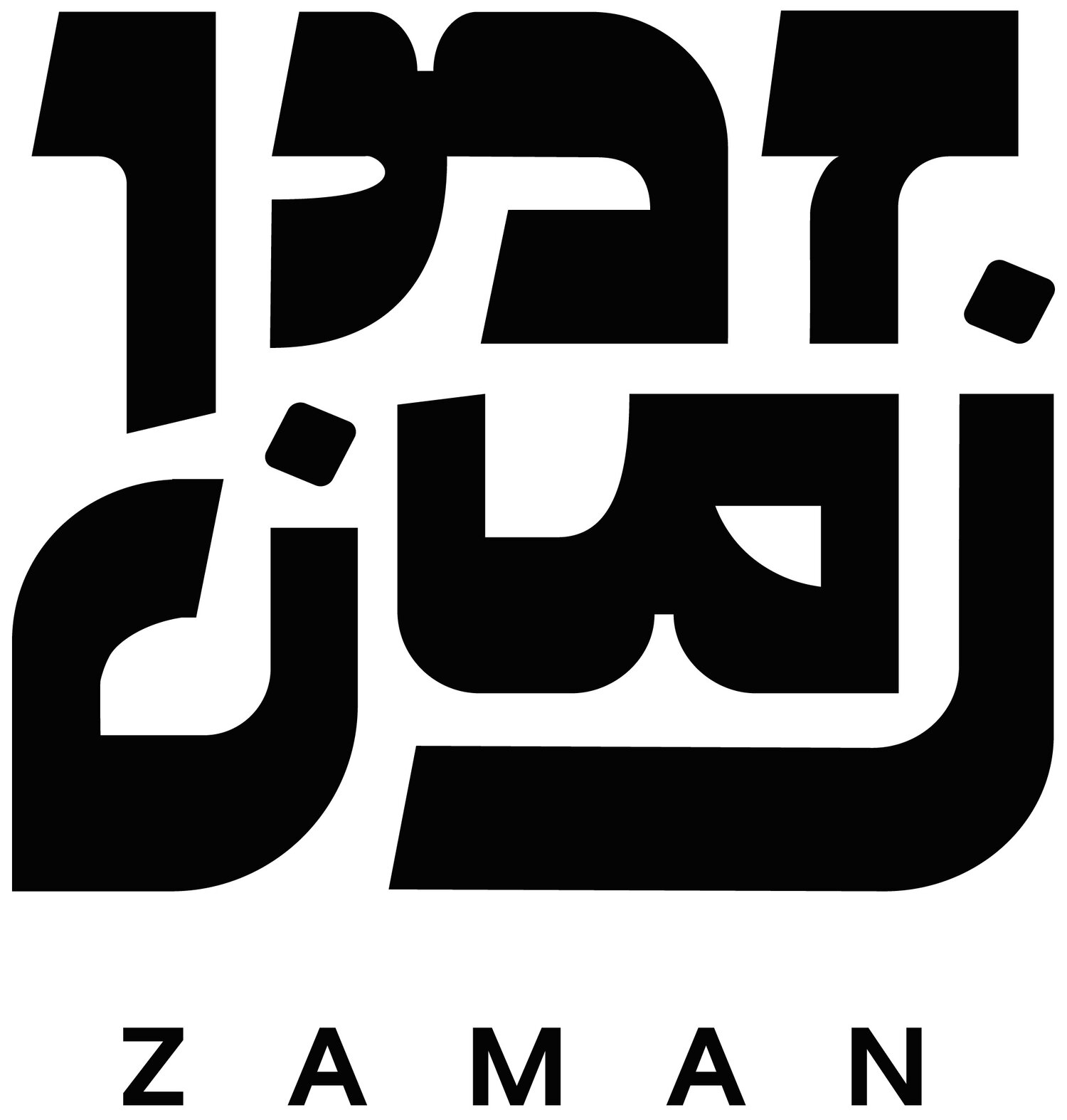
Mahin (Diptych)
This diptych arguably transcends the role of the family portrait as it comments on the place of Iranian Jewish women in a broader national culture largely built on Islamic history, lore, and spirituality. The prints’ pop-art flair also serves to ironically question flattening, simplistic understandings of Jewish acculturation into Muslim Iran. Rather than accepting the inherent complexity and nuance of Persian Jewish sociocultural history, it can be easy to view the existence of Jewish life in Iran as “incompatible” with its backdrop of national history dominated by Shi’a Muslim influence.

The Anthropologist’s Dilemma: Examining the Complexity of Middle-Eastern Ethnic Identities
In the United States Census, there is no specific category to define Middle-Easterners. Peoples belonging to a wide array of nationalities, cultures, and sub-ethnic identities all check the same box, labeled as “White (including people of Middle Eastern origin).” The census’ repeated failure to recognize the unique racial makeup of Middle-Eastern peoples sheds light on many truths and misconceptions regarding the issue of ethnic identity in the Middle East.

1986
There were no portraits of pedestrians shrouded in light, no Israeli street scenes- only brooding, simple, intense images of household objects against pitch black backgrounds. There were bags of fresh herbs, plates of half-eaten tokhmemorgh shabbati, and CDs with Persian titles written on them in Sharpie, captured in rich detail yet simultaneously pervaded with a sense of otherworldly abstraction. The objects existed as isolated, timeless forms seemingly removed from any natural setting.

Focusing a New Lens on Mizrahiut
“What exactly are you trying to capture? Which community? There just isn’t such a thing as Mizrahi,” my interviewee told me shortly. He had a point; what on earth was I trying to document? When I asked my interviewees to point me toward what they considered to be Mizrahi, I was told repeatedly to “go to the periphery.”

Feature Article: An Account of Jewish Life in Prewar Damascus
Standing in the heart of the Damascus Jewish Quarter is the Ibn Maimon School. Today, save for a few offices, it is mostly empty, giving the impression of a Jewish neighborhood without Jews. But Syrian Jewish Community President Albert Cameo tells a different story—one of a small and proud group of people determined to hang on to their roots.

Pottery Series 01
Evan Mateen approached pottery as a new medium in an effort to expand his vocabulary in traditional Iranian art forms, combining imagery from talismans and miniatures with excerpts of classical Persian poems. The following is a selection of vessels and clayware he made during his first two years at Harvard College.

Feature Article: Ashkenormativity on College Campuses
“People don’t think of Jews as being brown or knowing Arabic or not knowing Yiddish or not having seen a bagel before they came here,” Wahba said. “That’s what it is – when Judaism is defined by European Jews or defined as European Jews.” Wahba was explaining ashkenormativity, a phrase used in Jewish popular culture to describe situations where Ashkenazi Judaism overrules or informs all Judaism.

“Yadet Miad?” - Recollections of Jewish Life in Iran
This series of graphite illustrations on paper combines images and text from a wide range of sources to pose and address the question: “what does it feel like to remember a place you have never been?” As an American-born descendant of Persian Jews barred from entering Iran following the 1979 Islamic Revolution, Levy incorporates images and words drawn from family photos, state-issued documents, Persian ketubbot (Jewish marriage contracts), post-revolutionary Iranian photography, album covers, and visual representations of memories her family has recalled over the years.

Tehran / تهران
Who taught you to hate the shape of your lips / Your tongue and your mother’s maiden name? / Who forgot your summer clothes at the Black sea?

Dissonance and Return: Middle Eastern Philosophy in Harmony
In the most elementary aspects of traditional music hailing from across Asia, the system of just 12 equally tempered (the same distance from each other) tones is rare. From Tuvan throat songs to classical Persian music to Gamelan music of Southeast Asia, semitones, notes lying in-between the core tenants of the 12-note scale, are widely applied.
